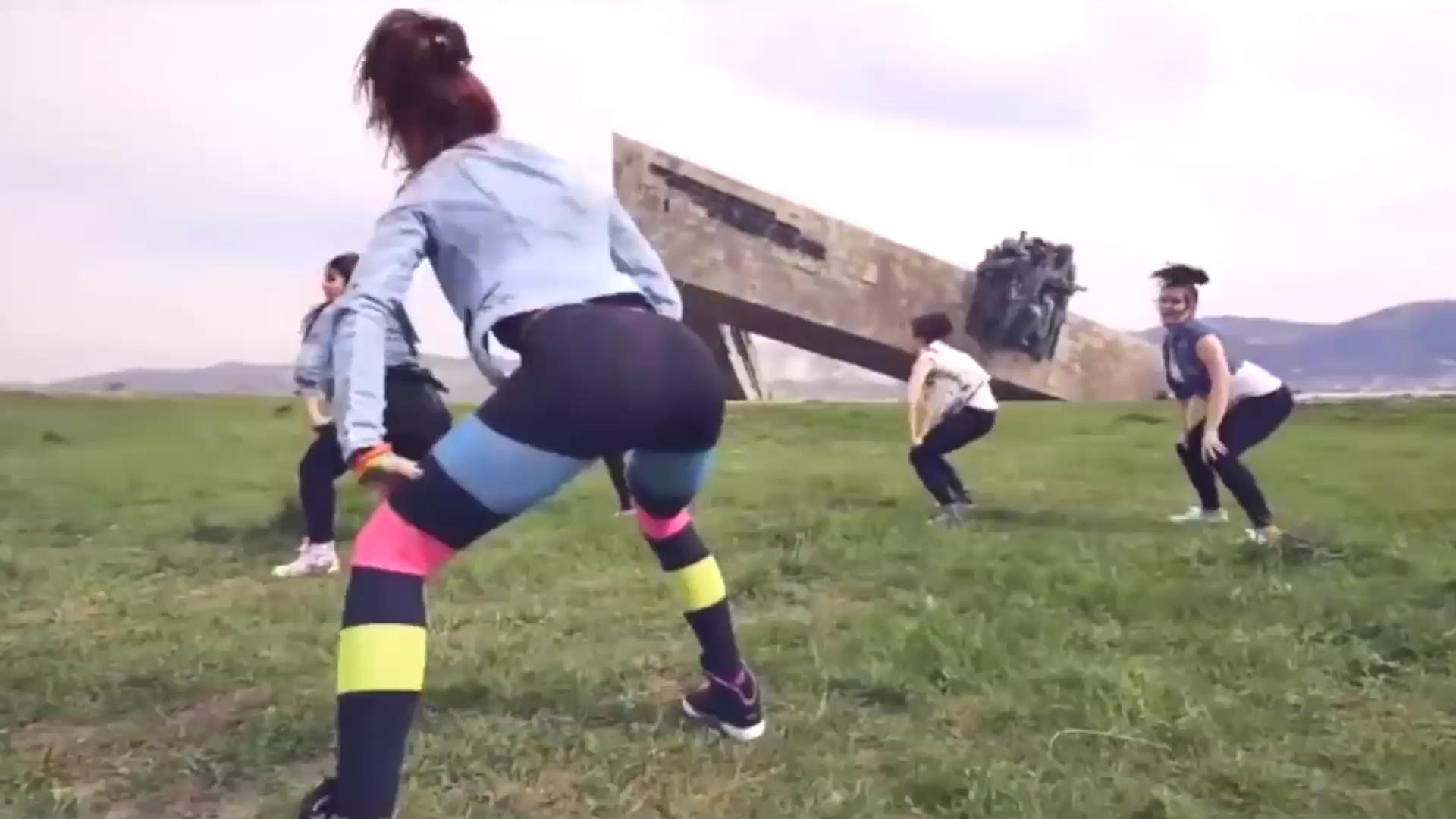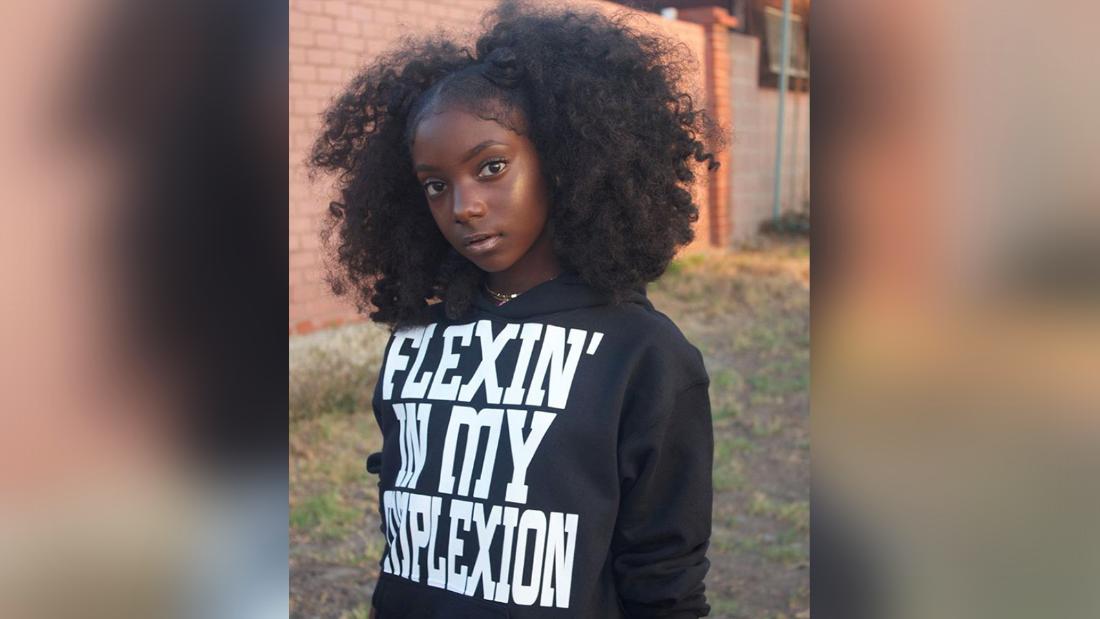14 Year Old Twerking: A Deep Dive Into The Phenomenon
Let’s talk about something that’s been making waves in the world of social media and beyond—14-year-old twerking. Now, before we dive deep, let me just say this: it’s a topic that sparks a lot of opinions, emotions, and debates. Whether you’re a parent, a teen, or just someone curious about what’s happening in pop culture, this is a conversation worth having. And guess what? We’re gonna break it down for you in a way that’s straightforward, relatable, and packed with insights.
There’s no denying that twerking has become a global phenomenon. From TikTok dances to viral challenges, it’s everywhere. But when it comes to younger teens, especially 14-year-olds, things get a little more complicated. Is it a harmless trend, or does it raise some serious questions about boundaries and appropriateness? We’re here to explore that and more.
So grab your favorite drink, get comfy, and let’s unpack this topic together. Whether you’re looking for facts, opinions, or just a better understanding of the cultural landscape, you’re in the right place. Let’s go!
Read also:Southern Bagel And Provision Your Ultimate Comfort Food Haven
Table of Contents
- Introduction
- What is Twerking?
- Twerking Among Teens: The Stats
- Why Do 14-Year-Olds Twerk?
- Parental Concerns and Perspectives
- The Role of Social Media
- The Ethical Debate
- Cultural Significance of Twerking
- Tips for Parents Navigating This Trend
- Where Do We Go From Here?
What is Twerking?
Alright, let’s start with the basics. Twerking is a dance move that originated in the Southern United States during the early 1990s. It’s all about shaking your hips, working that booty, and creating some serious vibes. But here’s the thing—it’s not just about the moves. Twerking has a rich cultural history tied to African American communities, music, and self-expression.
For many, it’s a form of empowerment, a way to celebrate one’s body, and a means of artistic expression. But when it comes to younger teens, like 14-year-olds, the conversation shifts. Is it still about empowerment, or does it cross into something else entirely?
Where Did Twerking Come From?
Twerking didn’t just pop up out of nowhere. It has deep roots in hip-hop culture and has been popularized by artists like Missy Elliott and Destiny’s Child. Over the years, it’s evolved from underground clubs to mainstream media. And now, with platforms like TikTok and Instagram, it’s accessible to pretty much everyone—including teens.
Twerking Among Teens: The Stats
Let’s talk numbers. According to recent studies, a significant percentage of teens engage in twerking as part of their online presence. In fact, TikTok alone sees millions of videos featuring the dance move. But here’s the kicker: a lot of these videos are created by teens under the age of 18.
One study found that:
- 75% of teens have seen twerking videos online.
- 40% of 14-year-olds have tried twerking themselves.
- 30% of parents admit they’re unsure how to address the topic with their kids.
These numbers are eye-opening, right? They show just how widespread this trend has become—and why it’s so important to talk about.
Read also:The Pink Tea Cup A Trend Thats Brewing Up A Storm
Why Do 14-Year-Olds Twerk?
So, why exactly are 14-year-olds getting into twerking? Turns out, there are a few reasons:
- Peer Pressure: Social media platforms make it easy for teens to compare themselves to others. If everyone else is doing it, they might feel pressured to join in.
- Self-Expression: For some, twerking is a way to express themselves creatively and feel confident in their own skin.
- Popularity: Let’s face it—going viral on TikTok or Instagram can be a big deal for teens. Twerking videos often rack up likes and comments, making them an attractive option for those seeking attention.
But here’s the thing: not all teens understand the implications of what they’re doing. And that’s where the conversation gets tricky.
Parental Concerns and Perspectives
Parents, we hear you. The idea of your 14-year-old twerking online can be unsettling. There are concerns about privacy, safety, and even the long-term effects on a teen’s self-esteem. Here are some common worries:
- Will my child be targeted by predators?
- Is this promoting unhealthy body image?
- Am I overreacting?
These are valid questions, and there’s no one-size-fits-all answer. What we can do is provide guidance and open up the lines of communication. Trust me, your kids want to talk about this stuff—they just need a safe space to do it.
How Can Parents Address Twerking?
Instead of banning social media altogether, try having an honest conversation with your teen. Ask them why they’re interested in twerking, what they think it means, and how it makes them feel. This approach is way more effective than just saying “no” and leaving it at that.
The Role of Social Media
Social media plays a huge role in shaping what teens consider “normal” behavior. Platforms like TikTok and Instagram are filled with content that glorifies twerking, making it seem like something everyone should be doing. But here’s the catch: not all of this content is appropriate for younger audiences.
As parents and guardians, it’s important to monitor what your teens are consuming online. Encourage them to follow accounts that promote positivity and self-love, rather than ones that focus solely on appearances or viral trends.
The Ethical Debate
Now, let’s dive into the ethical side of things. Is it okay for 14-year-olds to twerk? Some argue that it’s a harmless form of self-expression, while others believe it crosses a line when it comes to age-appropriateness. There’s no easy answer here, but here are a few points to consider:
- Twerking originated as a form of empowerment for marginalized communities. Does it still carry that same meaning when performed by younger teens?
- How does twerking affect a teen’s perception of their own body and sexuality?
- What responsibility do social media platforms have in regulating content created by minors?
These are tough questions, but they’re worth discussing. After all, we’re shaping the next generation, and we want them to make informed decisions about their lives.
Cultural Significance of Twerking
Before we dismiss twerking as just another trend, let’s take a moment to appreciate its cultural significance. It’s more than just a dance move—it’s a symbol of resilience, creativity, and self-expression. For many, it’s a way to reclaim power and celebrate individuality.
That said, it’s important to acknowledge the potential risks when younger teens engage in twerking. It’s all about finding a balance between respecting the cultural roots of the dance and ensuring that teens are making safe, informed choices.
Tips for Parents Navigating This Trend
Here are a few practical tips for parents dealing with the twerking trend:
- Stay Informed: Keep up with the latest trends and understand why they’re popular among teens.
- Encourage Open Communication: Create a safe space for your teen to talk about their thoughts and feelings.
- Set Boundaries: Establish clear rules about what’s acceptable and what’s not when it comes to online behavior.
- Lead by Example: Show your teen how to use social media responsibly by modeling positive behavior yourself.
Remember, you’re not alone in this. There are plenty of resources available to help you navigate the world of social media and teen trends.
Where Do We Go From Here?
As we look to the future, it’s clear that twerking isn’t going anywhere anytime soon. But what we can do is shift the conversation to focus on empowerment, education, and respect. By addressing the ethical and cultural implications of twerking, we can help teens make choices that align with their values and goals.
So, whether you’re a parent, a teen, or just someone curious about the topic, let’s continue this conversation. Together, we can create a world where self-expression is celebrated, boundaries are respected, and everyone feels empowered to be themselves.
Final Thoughts
In conclusion, the phenomenon of 14-year-old twerking is complex and multifaceted. It’s a trend that raises important questions about culture, identity, and responsibility. But at the end of the day, it’s all about fostering understanding, encouraging open dialogue, and supporting our teens as they navigate this ever-changing world.
What are your thoughts on the topic? Leave a comment below and let’s keep the conversation going. And hey, don’t forget to share this article with your friends and family—it’s too important not to!
Article Recommendations


